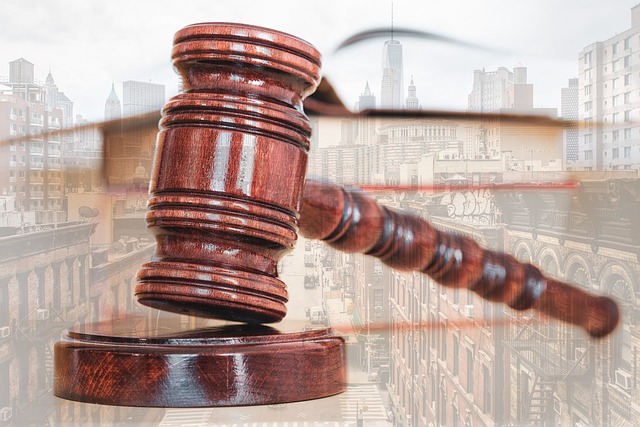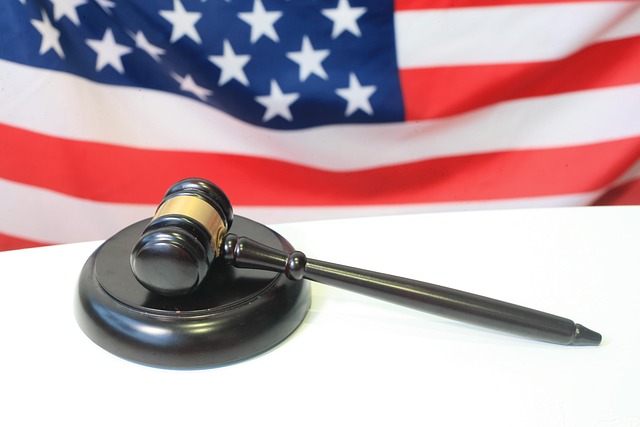Mail wire fraud and common mistakes in personal injury claims pose significant risks. Scammers impersonate entities, exploit vulnerabilities, and lure victims with false promises. Protect yourself by verifying requests, avoiding unsecured communication, and documenting everything meticulously. Legal counsel specializing in criminal and white-collar defense can guide clients through these challenges to ensure fair compensation.
Mail wire fraud is a growing concern in the personal injury claims process, where unscrupulous individuals exploit vulnerable victims seeking compensation. This article delves into the insidious world of mail wire scams, offering insights into how these fraudulent schemes operate and targeting the most vulnerable. We explore common mistakes claimants make, revealing signs to watch for, and provide essential tips for a secure filing process. Understanding these pitfalls is key to protecting yourself from common mistakes in personal injury claims.
- Understanding Mail Wire Fraud in Personal Injury Claims
- Common Mistakes Made by Claimants
- How Scammers Target Personal Injury Victims
- Protecting Yourself: Tips for Safe Claim Filing
Understanding Mail Wire Fraud in Personal Injury Claims

Mail wire fraud is a growing concern in personal injury claims, where unscrupulous individuals attempt to exploit the legal system. One of the most common mistakes in personal injury cases is falling victim to these fraudulent schemes. Often, victims are promised swift financial relief and compensation for their injuries, but this can be a trap designed to steal their hard-earned money or even delay legitimate claims.
These fraudsters use sophisticated methods to impersonate insurance companies, legal professionals, or even medical providers, manipulating victims into sending sensitive information or transferring funds through wire transfers. They may also target the families of injured individuals, preying on their emotions and financial desperation. Understanding these tactics is crucial for navigating personal injury claims safely. Being vigilant and double-checking any unexpected requests for money or personal details can protect for his clients against white collar and economic crimes, ensuring they receive a fair judgment in potential jury trials.
Common Mistakes Made by Claimants

When navigating a personal injury claim, claimants often make mistakes that can hinder their case. One of the most common errors is failing to gather and present adequate evidence. This includes not documenting injuries with medical records, delaying in seeking medical attention, or not retaining important correspondence and reports. As a result, the claimant’s credibility may be questioned, and the compensation they receive could be significantly lower than expected.
Another mistake is misunderstanding the legal process and deadlines. Many claimants do not realize the time constraints for filing a claim, leading to missed opportunities for justice. Additionally, they might attempt to represent themselves without legal counsel, which can be detrimental to their case. This DIY approach often results in a complete dismissal of all charges or an award that does not achieve extraordinary results for the claimant, especially when dealing with complex corporate and individual clients.
How Scammers Target Personal Injury Victims

Scammers often target personal injury victims, preying on their vulnerability and lack of legal knowledge. After a serious accident, individuals are usually focused on healing and seeking justice, making them susceptible to manipulation. These con artists may approach victims with false promises of quick settlements, offering to “cut through the red tape” and secure immediate compensation. They might even impersonate insurance companies or legal professionals, using convincing tactics to gain trust. Many victims, eager to resolve their claim as soon as possible, fall for these deceptions without realizing they’ve made a grave mistake.
Common Mistakes in Personal Injury Claims include rushing into accepting settlement offers without proper evaluation. Scammers lure victims with attractive but misleading proposals, causing them to overlook potential long-term financial implications. Additionally, some con artists may encourage victims to settle for less than their claim is worth, especially if they’ve suffered from emotional distress or are unsure of their rights. It’s crucial for personal injury victims to be vigilant and educate themselves about the process. For his clients’ benefit, legal professionals specializing in general criminal defense and white collar defense can guide them through these trying times, ensuring they receive fair compensation for their injuries and pain.
Protecting Yourself: Tips for Safe Claim Filing

Protecting yourself from mail wire fraud during personal injury claim filing is crucial. One of the common mistakes individuals make is providing sensitive information over email or through unsecured online platforms. Always verify the legitimacy of the request and ensure it comes from a trusted source, especially when dealing with insurance companies. Be wary of any communication that demands immediate action or threatens legal consequences; legitimate entities will provide ample time for you to respond.
Another mistake to avoid is not documenting everything. Keep records of all communications, medical bills, and any other relevant documents. This includes taking photos of injuries and damage immediately after the incident. An unprecedented track record in personal injury claims often relies on meticulous documentation and a clear narrative, so ensure your claim stands out for the right reasons—achieving extraordinary results requires thorough preparation. Remember, in the world of white-collar defense, attention to detail is key to avoiding fraud and ensuring justice.
Mail wire fraud is a prevalent and insidious issue within personal injury claims, taking advantage of vulnerable individuals seeking justice. By understanding the tactics employed by scammers and being aware of common mistakes, claimants can protect themselves from becoming victims. Navigating the complex process with caution and diligence is essential to ensuring fair compensation. Remember that staying informed and following safe claim filing practices are key to avoiding potential pitfalls, such as Common Mistakes in Personal Injury Claims, and safeguarding your rights.






